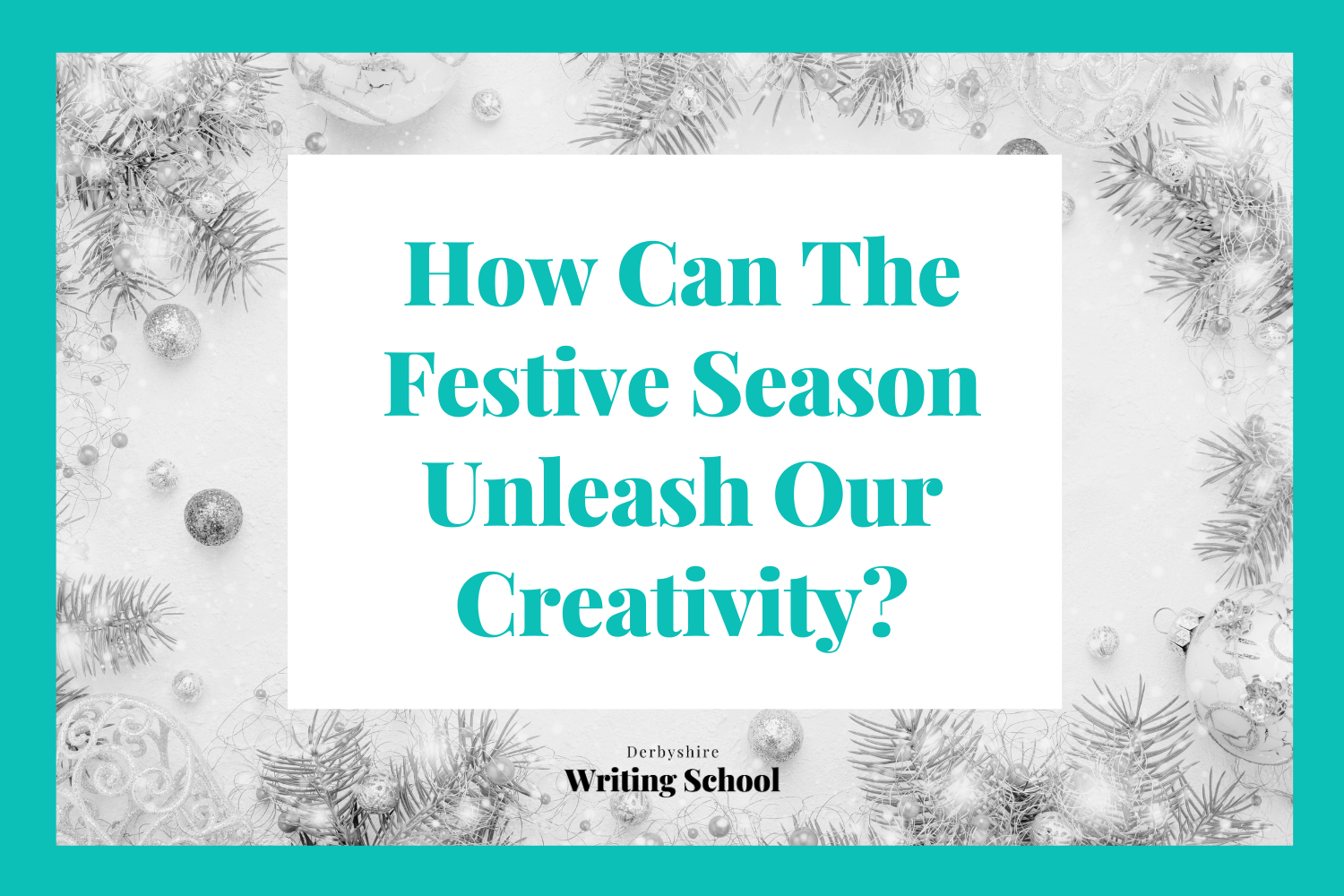This Is Why Experimenting Is A Valuable Tool For Writers
Experimentation can help breathe new life into our work. It can re-energise our creativity and open our minds to new ideas, new thoughts, new perspective. It encourages us to play, reminds us that creative writing is an endless universe of possibilities.
Experimenting With Your Written Work
It’s an experience many of us will go through at some point on our writing journey – our words will become stuck, our imagination will feel blocked. Maybe for you the words are starting to feel repetitive, or your creativity feels jammed? Well, experimentation could be the perfect creative writing tool to combat this.
Although many of us have a familiar and personal writing style, this can sometimes prevent us from developing our writing. We can become so reliant on our personal style, such as a certain narrative voice, for example, that the prospect of trying something different can feel daunting. For instance, we don’t always have to write from a human being’s perspective. We don’t have to stick to one genre. We don’t have to write when the time feels just right. There are no rules which say our stories must always be set on Earth.
Experimentation is vital. So, let’s dive in and explore why trying something new is a such a valuable tool.
3 Reasons Why Experimentation Will Help You As A Writer?
1. Try New Things
Whether it’s a genre you’ve never written in before, or submitting your poem to a writing competition for the first time, experimentation supports the principle of creative courage.
It leads us down the path of trying new things, those that fear might have prevented us from trying in the past. We’re encouraged to embrace creative play and see what emerges. When we see all these new possibilities appear, it can reinvigorate us and our writing.
2. Unexpected Discoveries
By embracing experimentation, you open yourself up to discovering new and unexpected things.
Diving into the unknown or the mysterious can lead to rewards you didn’t anticipate. For example, a writing course might ask you to write a short story. It might be a genre you don’t have much experience with, that then becomes a new interest.
By experimenting, you open your writing up to fresh, exciting possibilities and new paths for you to explore. But you have to try. You have to risk ‘failing’ or ‘making mistakes’, you have to be willing to learn.
3. Develop Creativity
Experimenting with your writing keeps that creative energy flowing. It helps keep those ideas churning, encouraging you to try this idea, then try another one.
Your words don’t need to be neat or complete at this stage. Experimenting is all about having fun and letting your creativity run free. By giving your imagination permission to wonder, you open your writing up to an even greater scope of creative ideas.
Ideas can be found everywhere, but seeking them out in new spaces can open up ideas we hadn’t even imagined. This is why experimenting is vital and why it will help you to develop your creativity.
Stretch Your Imagination
Our Prompt Box is a great way to stretch your imagination and experiment with ideas. You can take the bespoke prompts in any direction you like. There is no right or wrong way to use them. Let your creative flow guide you and see what you uncover.
Challenging yourself to step outside your comfort zone and try something new can feel undoubtedly daunting. But keep going, keep pushing and keep persevering. It can be a valuable experience and give you that dose of confidence to explore new things in the future.
How does trying something new in your writing make you feel? Excited? Nervous? Maybe it could be one of your writing goals for the new year, to write something completely different to your typical style. We’d love to hear your thoughts on experimenting with your writing!












